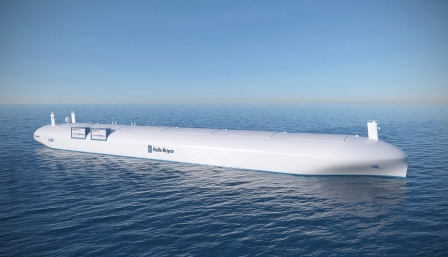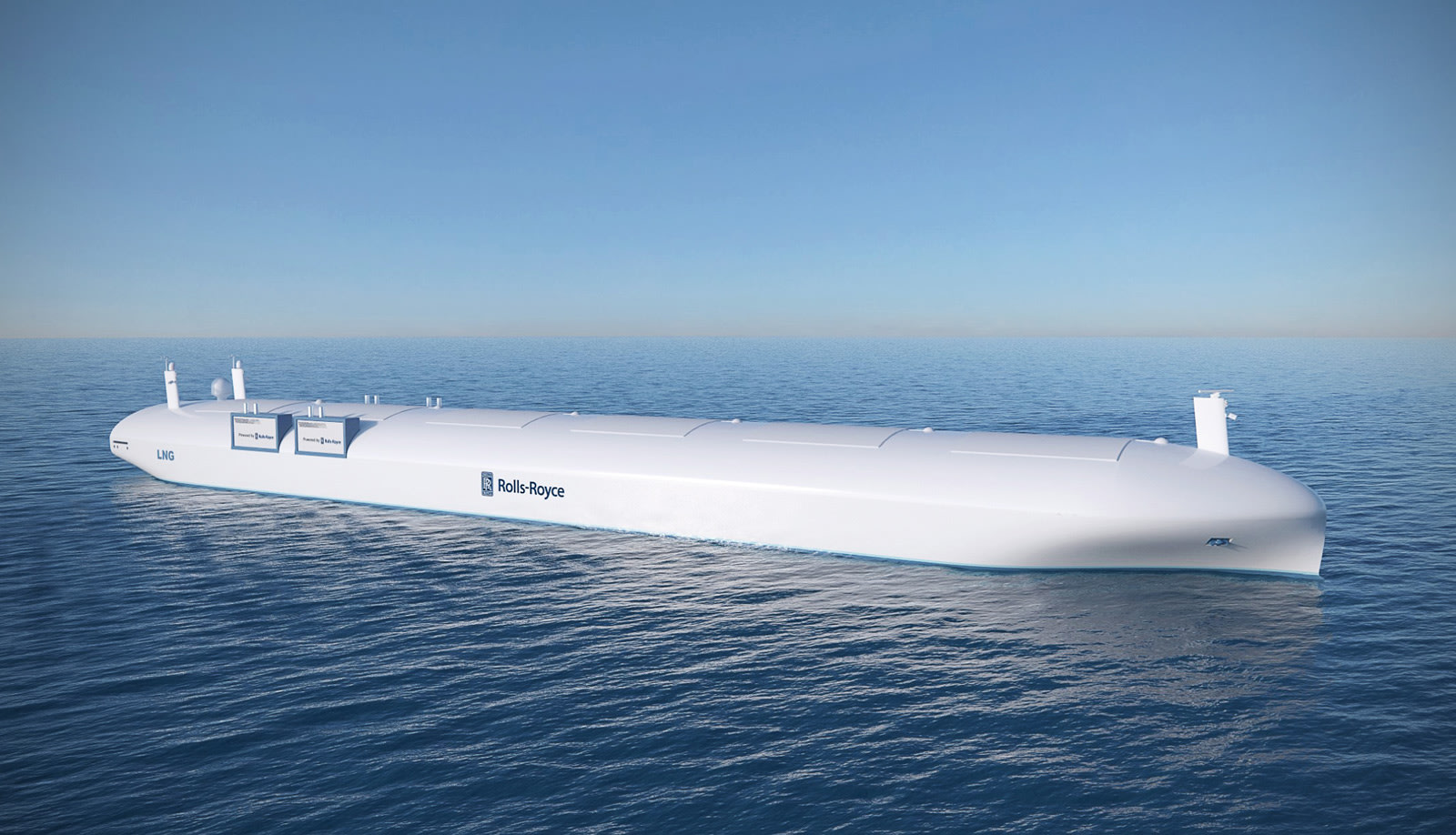Rolls-Royce expects remote-controlled cargo ships by 2020
Rolls-Royce isn’t limiting its robotic transportation plans to luxury cars. The British transportation firm has outlined a strategy for deploying remote-controlled and autonomous cargo vessels. It’s working on virtual decks where land-based crews could control every aspect of a ship, complete with VR camera views and monitoring drones to spot issues that no human ever could. Accordingly, Rolls is designing boats where humans wouldn’t have to come aboard. In theory, one human would steer several boats — crew shortages would disappear overnight.
The move to crew-free ships promises more than a few advantages, Rolls says. You wouldn’t need a bridge or living quarters, so you’d have much more room for the goods you’re hauling. They’d be safer and more efficient, too, since you’d cut out many human errors (not to mention the direct risks from rough weather and pirates) and streamline operations. Robotic ships might cut the number of available jobs, but they would let distant crews handle more complex tasks without being overwhelmed.
Some of Rolls’ concepts are more Star Trek than real life at the moment (its imagery includes interactive holograms), but this isn’t just a theoretical exercise. One ship, the Stril Luna, already has a smart Unified Bridge system in place for coordinating all its equipment. The aim is to launch the first remote-controlled cargo ships by 2020, and to have autonomous boats on the water within two decades. All told, civilians might only have to head out to sea for pleasure cruises.
(42)




